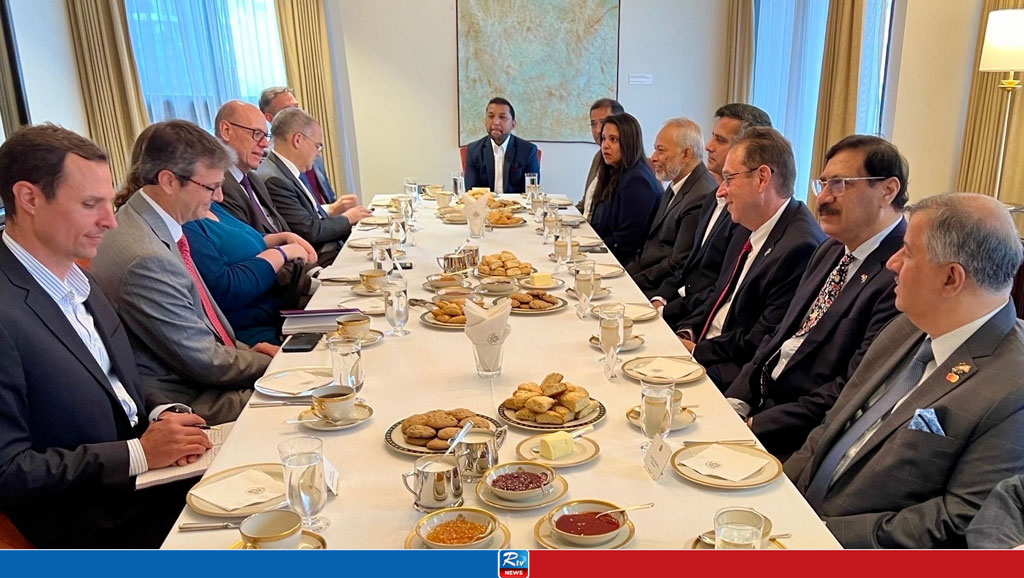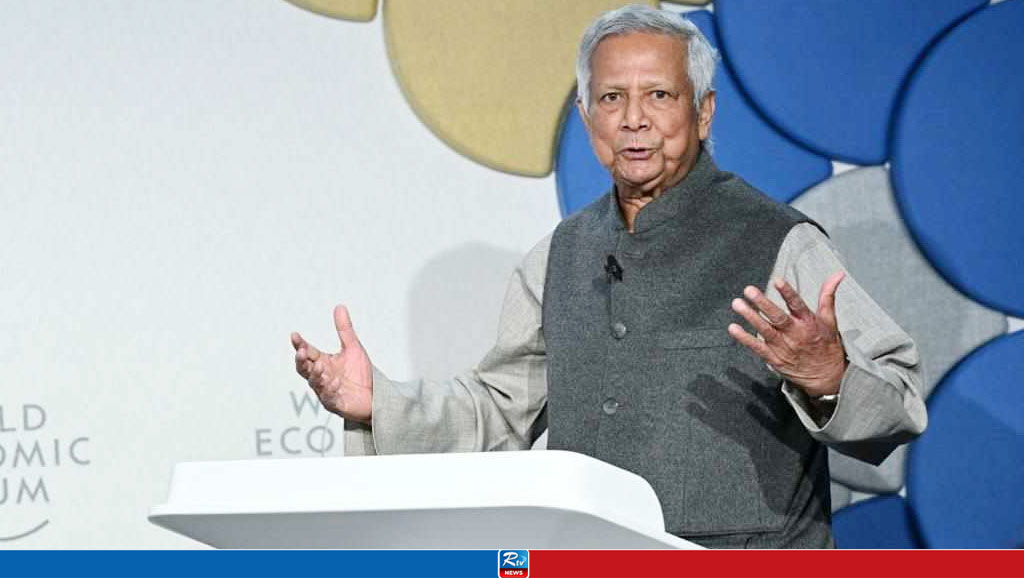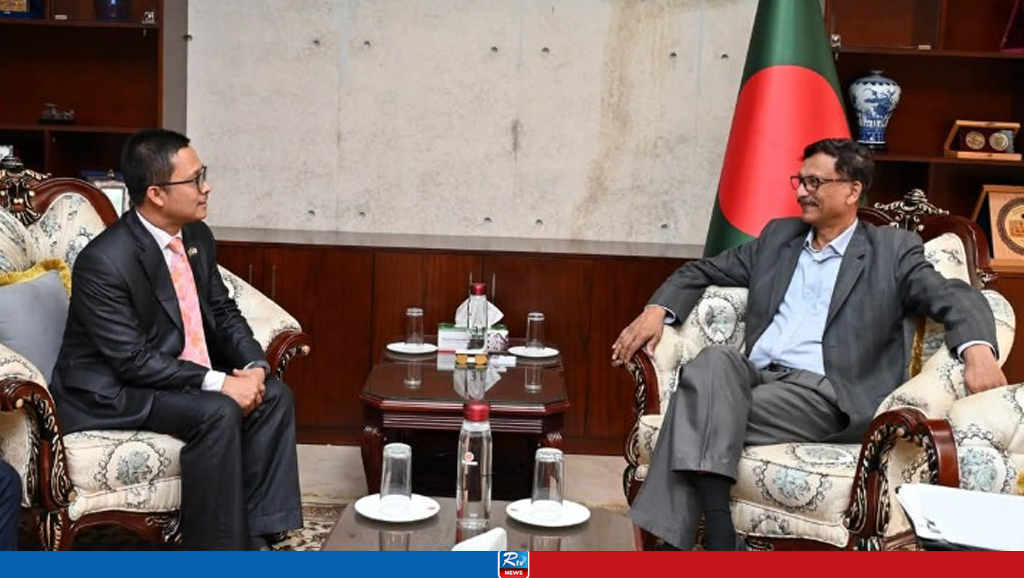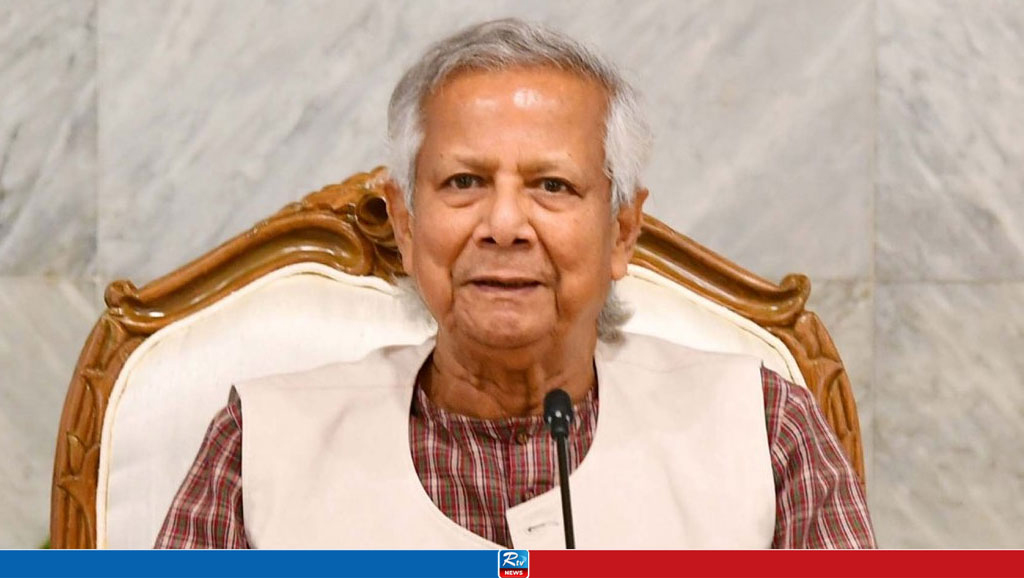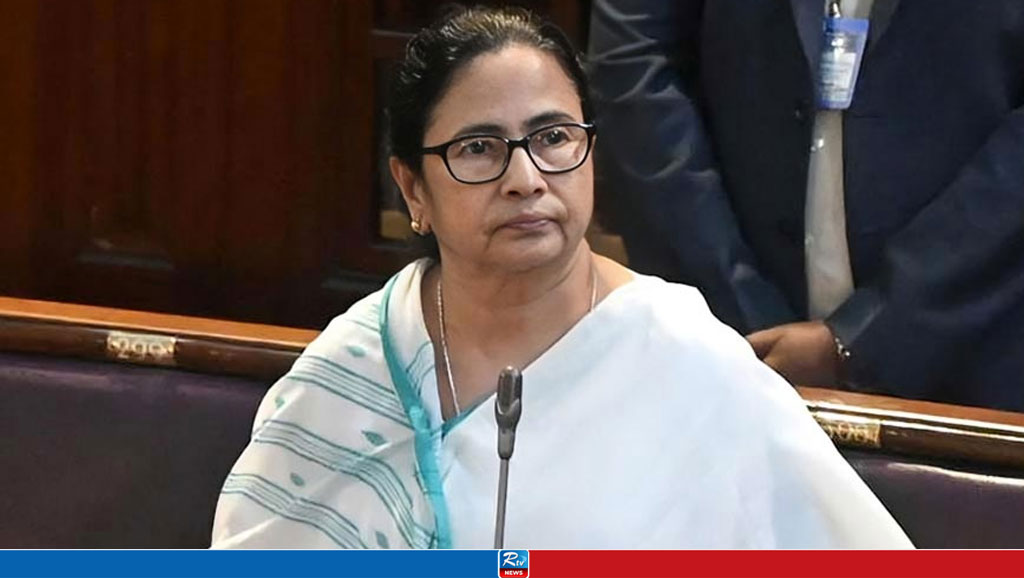India Sharpens Focus on ASEAN to Boost Trade and Investments
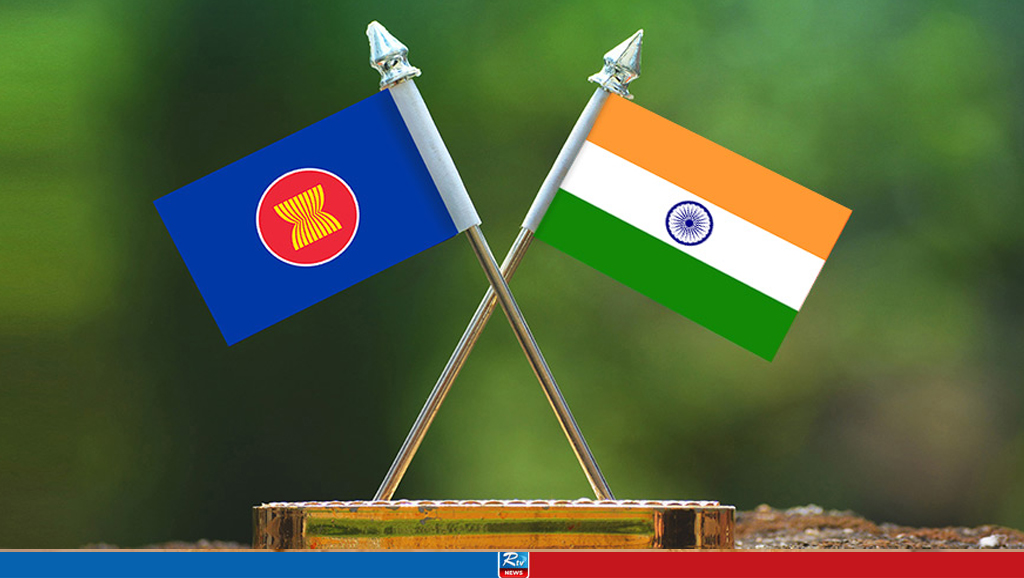
Recently Hon’ble Prime Minister of India Shri Narendra Modi visited Singapore and Brunei with the objective of deepening the strategic partnership and enhancing bilateral economic relations. Since these countries are part of ASEAN region which accounts for around 29% of India’s total merchandise trade with ASEAN countries, they are important trade partners not only bilaterally but also for the larger ASEAN region. In addition, they form a prominent part in India’s Act East Policy and the Indo-Pacific Vision.
India's "Look East" policy in 1991 aimed to boost its engagement with East Asian countries. In 1992, it became a sectoral dialogue partner of ASEAN, a geo-political and economic organization with 10 member countries. ASEAN's objectives include accelerating economic growth, social progress, and cultural development, protecting regional peace and stability, and promoting peaceful dialogue. Negotiations on a trade in goods agreement between India and ASEAN began in 2004 and ended in 2009 with the India-ASEAN Free Trade Agreement (AIFTA), which came into effect in 2010.
The visit to Singapore was important as the decades-long cooperation was elevated to a comprehensive strategic partnership. The leaders discussed collaboration in the areas of education, AI, fintech, science and technology, partnership in knowledge, education, and marine domain awareness. In addition to accelerating green corridor projects, they laid emphasis on increased connectivity to promote interpersonal and economic links. They underscored how crucial the large, long-standing bilateral defense collaboration is.
India signed four agreements with Singapore in the areas of digital cooperation, education and skills development, health and medicine, and semiconductor ecosystem cooperation. The MOU in digital technologies will boost bilateral co-operation in digital public infrastructure, cyber-security, 5G and emerging technologies such as super-computing, quantum computing and artificial intelligence. The agreement on semiconductor ecosystem partnership will encourage co-operation in semiconductor-cluster development, and cultivation of talent in semiconductor design and manufacturing. The bilateral trade between the India and Singapore has cemented over the years. In FY 2023-24, the total trade was USD 35.6 billion of which exports at USD 14.4 billion and imports at 21.2 billion.
In 2023-24, India’s total trade with the ASEAN region stood at USD 120 billion, constituting exports of USD 41.2 billion and imports of USD 79.7 billion. The top five trading partners in the region include Singapore, followed by Indonesia, Malaysia, Thailand, and Vietnam. As the focus of the government has increased once again towards the ASEAN countries, this trade trajectory is expected to improve significantly in the coming times.
India’s visit to Brunei was also significant as this is the first-ever bilateral visit by an Indian Prime Minister to Brunei. The historic visit of Hon’ble Prime Minister coincides with the 40th anniversary of establishment of diplomatic ties between India and Brunei. India and Brunei enjoy a friendly relationship which is marked by mutual respect and understanding on bilateral and multilateral issues. The two countries are linked by history, culture and tradition spanning a millennium. The total trade between the India and Brunei has grown to USD 286 million accounting for USD 67 million exports and USD 218 million imports in FY 2023-24.
Both leaders in Brunei discussed cooperation on various issues, including defence, connectivity, trade, energy, health, education, and tourism. They emphasized leveraging their strengths in technology, finance, manufacturing, and processing, and exploring complementarities. They acknowledged the importance of food security and agreed to enhance cooperation in agriculture and the food supply chain through knowledge sharing, best practices, and experience.
Both leaders emphasized the need for mutually beneficial collaboration and the importance of close interaction through the existing bilateral mechanisms and agreed to continue convening regular meetings, exchanges and dialogue on bilateral and multilateral issues of mutual interest, including regular convening of the Foreign Office Consultations and various Joint Working Group meetings.
In the recent past, the other East Asian countries including Malaysia and Vietnam also strengthened their bilateral ties with India. Hon’ble Prime Minister of Vietnam, Pham Minh Chinh and Malaysia, Dato’ Seri Anwar bin Ibrahim arrived in India for a three-day (July - August 2024) state visit to further strengthen bilateral ties by charting out a multi-sectoral cooperation agenda for the future.
India established diplomatic relations with the Federation of Malaya (the predecessor state of Malaysia) in 1957. Presently, Malaysia has the third largest Indian diaspora in the World. The number of Persons of Indian Origin (PIOs) are around 2.7 million, which accounts for 6.8% of Malaysia’s population. Malaysia stands as the 16th largest trading partner for India, while India stands among the top 10 largest trading partners globally for Malaysia.
The bilateral trade between the two countries has been steadily growing. In FY 2023-24, the total trade accounted for USD 20 billion of which exports at USD 7.2 billion and imports at USD 12.7 billion in FY 2023-24. The sustained increase in trade underscores the deepening bilateral ties and the potential for further economic collaboration between the two countries.
The growing bilateral investments are also a cornerstone of the India-Malaysia partnership. Malaysia ranks as the 31st largest investor in India with an FDI inflow of USD 1.2 billion from April 2000-March 2024. There are more than 150 Indian companies operating in Malaysia and have invested 250 manufacturing projects of over USD 2.6 billion in the country.
In a nutshell, the renewed cooperation between India and ASEAN countries is an indicative of strengthening of bilateral trade and investment relations. The enhanced trade and investments trajectory between India and ASEAN countries will create synergies for socio economic development between the two regions; enhancing overall economic well-being and prosperity in Asia.
(Based on the article written by Tarah Nguyen, published in Vietnam Times)
Comments
Plane Crash in South Korea: 179 Out of 181 Onboard Killed

19 Pakistani Soldiers Killed in Border Clash with Afghan Forces

Devastating Road Accident in Ethiopia: At Least 66 Dead

Afghanistan Taliban Targets "Several Points" in Pakistan, Tensions Increase

China's Trade Tensions With US Remain High Ahead of Trump Inauguration
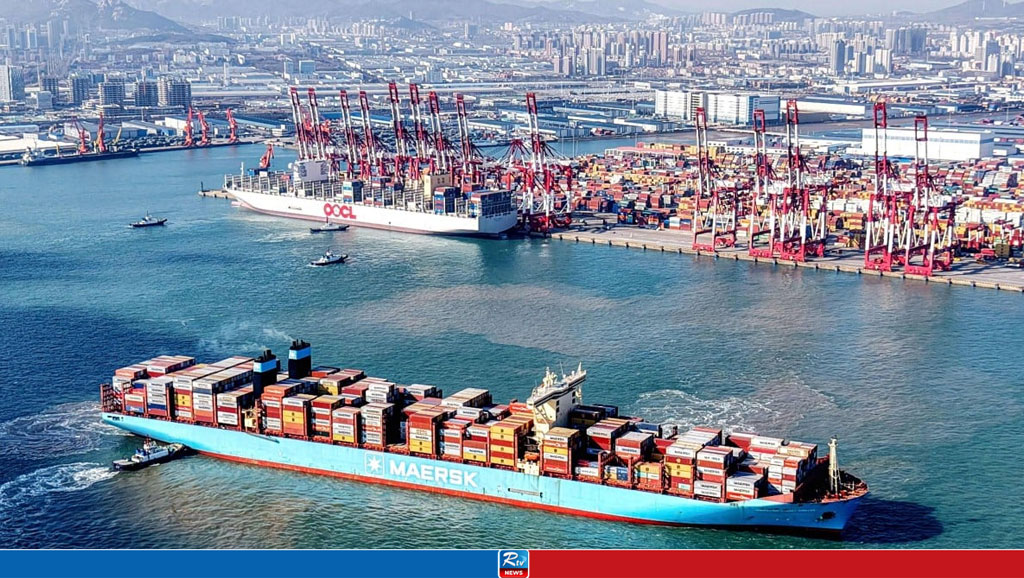
China Firing Preemptive Trade War Shots at Trump

UNGA President, Dr. Khalilur Rahman Discuss 2025 Rohingya Conference
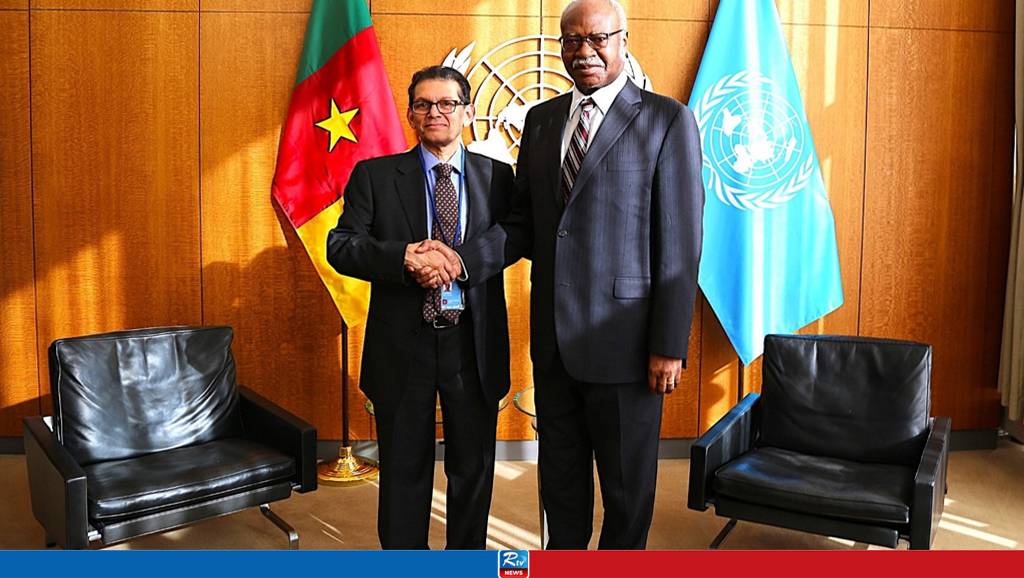

 Live Tv
Live Tv

